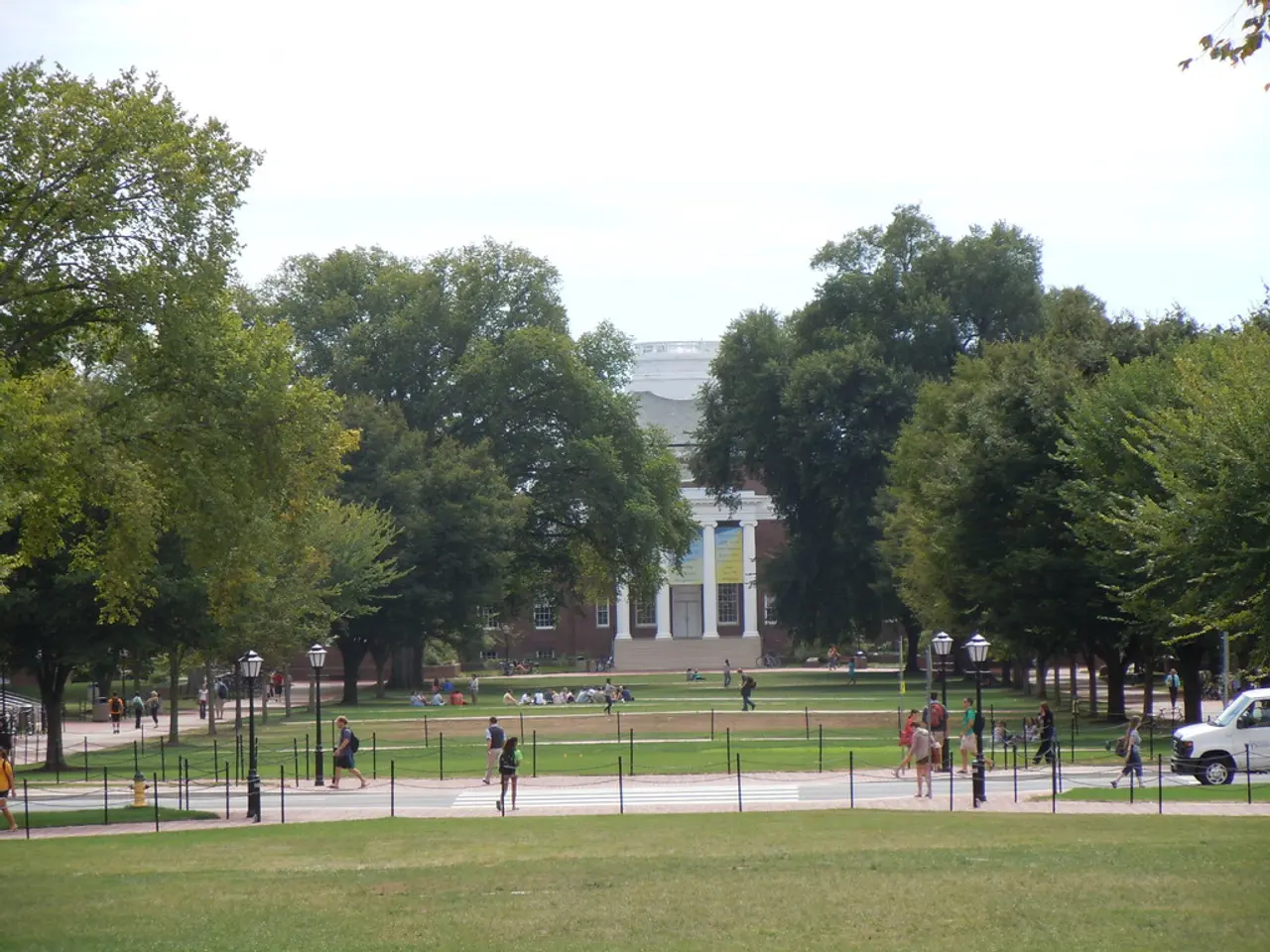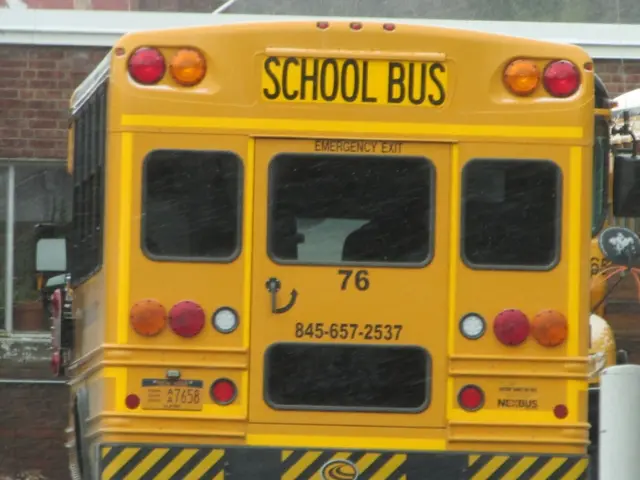Education Expansion: Students From Non-Education-Focused Universities to Now Teach in Schools
Article Title: Clarification on Student Placement Decisions in Russian Educational Institutions
In a recent development, it has been confirmed that the law regarding student placements in Russian educational institutions does not dictate a specific process for these decisions. This means that the decision-making authority for student placements lies with the educational institution itself.
The law, which will come into effect ten days after its official publication, does not stipulate any penalties for institutions that do not follow the guidelines for student placements. Furthermore, it does not specify who determines the suitability of a student for a subject in advance of its implementation.
While there is no direct information about a Russian law allowing students from non-educational universities to teach in schools and colleges, the focus of the current search results is on other educational developments in Russia. These include new master's programs related to sanctions compliance, innovative online education models, bans on foreign universities labeled “undesirable,” and broader educational reforms with an emphasis on practical training and engineering curricula. There is also mention of teaching English opportunities, but no detail on a law enabling non-educational university students to teach formally in schools or colleges.
Given this information, it is important to note that without additional specific sources, the specific details and implications of such a law cannot be confirmed or analyzed. If you have a particular source or official governmental announcement regarding this law, further analysis could be provided.
In terms of the placement process, the employer, in this case the school or college, will decide how well a student's profile matches the subject being taught. The law does not provide details on how the educational institution will make decisions about student placements, nor does it outline any exceptions or special considerations for student placements. Additionally, the law does not mention any specific criteria for evaluating a student's profile.
In conclusion, the decision-making process for student placements in Russian educational institutions remains with the institutions themselves, and the specifics of a potential law allowing students from non-educational universities to teach in schools and colleges remain unclear without further information.
- The lack of specific guidelines in Russian policy and legislation regarding student placements in educational institutions, coupled with the absence of a clarifying law for students from non-educational universities to teach in schools and colleges, underscores the need for further education-and-self-development in political matters related to general-news.
- Despite the ongoing discussion about teaching English opportunities and innovative online education models in Russian educational institutions, the policy-and-legislation to allow students from non-educational universities to teach in schools or colleges remains elusive, leaving many key aspects of student placements unclear.







